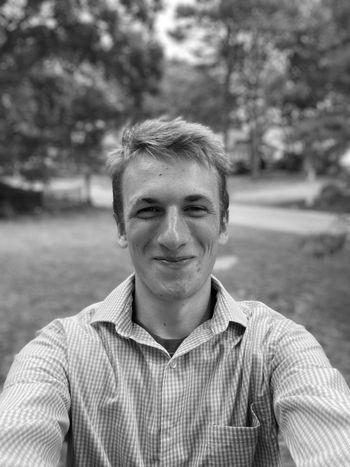NY profs urge stricter campus policies as anti-Israel demonstrations could escalate in fall
Experts in New York stated that universities must take stronger measures to protect Jewish students with the potential escalation of more anti-Israel demonstrations during the fall semester.
In a recent interview, experts in New York stated that universities must take stronger measures to protect Jewish students and ensure campus safety because of the potential escalation of pro-Palestinian demonstrations during the fall semester.
The interviews were conducted by City & State, which asked four experts about the anti-Israel student demonstrations of this spring and what university administrations should do to limit the situation in the upcoming semester.
Three of the experts were professors or former professors: former New York City College of Technology professor Robert Holden, CUNY Graduate Center professor Celina Su, and Brooklyn College professor David Bloomfield.
“Student demonstrations’ effects are widespread,” Bloomfield said, describing the protests as “disruptive.”
[RELATED: Meet the Indiana University students and faculty arrested at Hamas-endorsed encampment]
Holden specifically stated that university administrations have insufficiently protected Jewish students in the face of rapidly increasing anti-Semitism on college campuses in recent years.
“The wave of pro-Palestine demonstrations on campuses has exposed a troubling bias in New York colleges,” Holden said. “College leaders have largely failed to protect Jewish students from harassment and intimidation.”
“With the fall semester approaching, colleges must take a firmer stance,” Holden added. “This means implementing policies that unequivocally protect Jewish students and ensure campuses are safe from hate speech and violence.”
Professor Bloomfield said he hopes university administrations will learn their lessons, potentially even preventing pro-Palestine encampments entirely. “I believe administrators have learned lessons in softer control techniques such as preventing encampments to begin with and greater reluctance to call in law enforcement,” Bloomfield said.
Angus Johnston, a historian of student activism at CUNY, was not optimistic that the demonstrations could be quickly solved, telling City & State: “The new Israel-Palestine activism will surely evolve going forward, but in one form or another it will be a prominent feature of American campus life for a long time to come.”
In December, alumni at Hunter College in New York City threatened to hold back donations and refrain from joining college-supported events until the college supports the anti-Israel Boycott, Divest, and Sanctions (BDS) movement.
In March, the State University of New York at Buffalo’s chapter of the anti-Israel student group, Students for Justice in Palestine, accused the university of being “complacent in the unceasing genocide of Palestinians” and demanded that the university “condemn Israeli-sponsored violence.”
“I want SUNY to leave the companies that support Israel,” one student at an anti-Israel demonstration at the school said at the time. “I want them to support us the same way they’ve supported every other cause.”
Campus Reform has contacted Columbia University, Hunter College, and the University at Buffalo for comment. This article will be updated accordingly.

